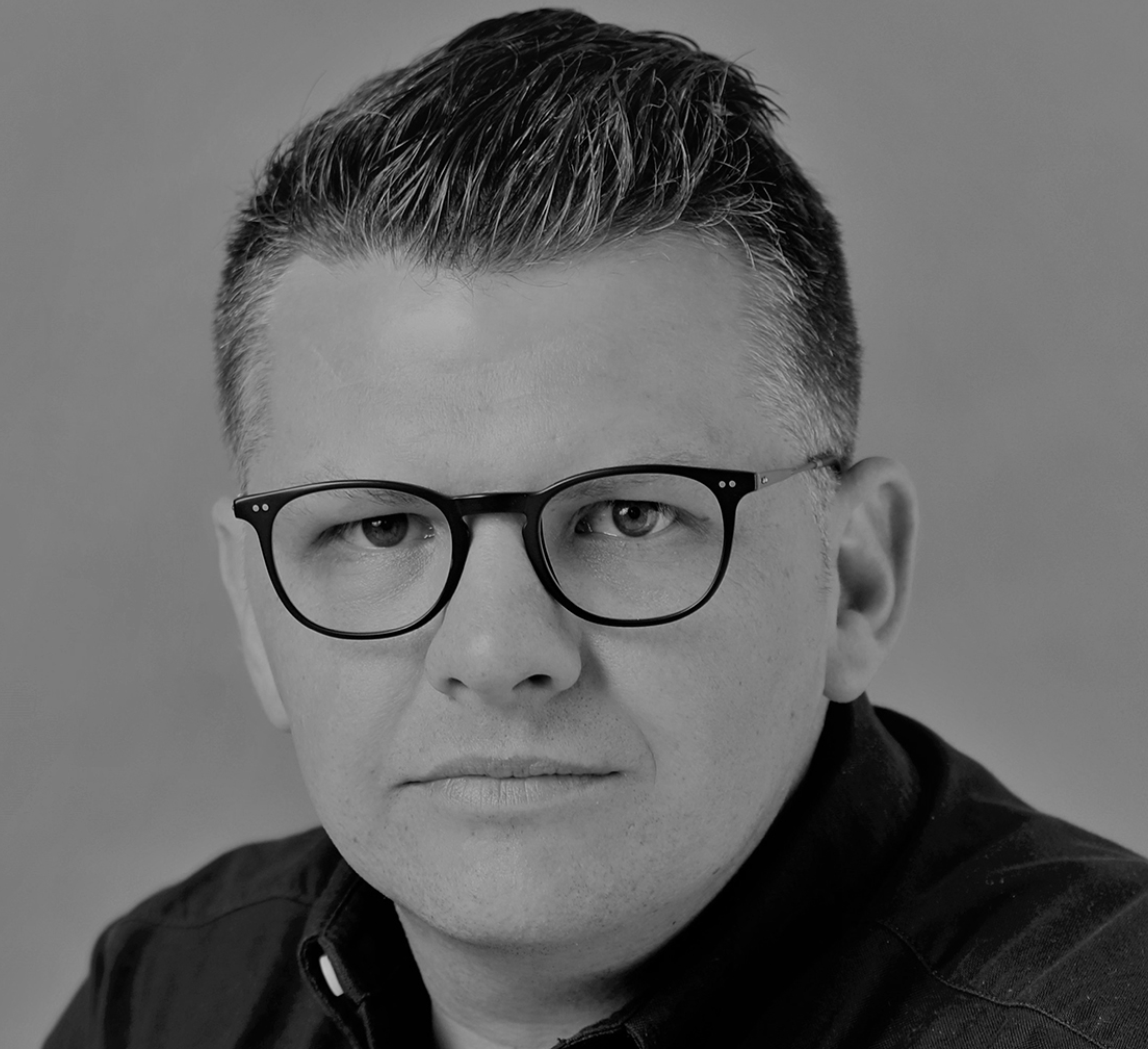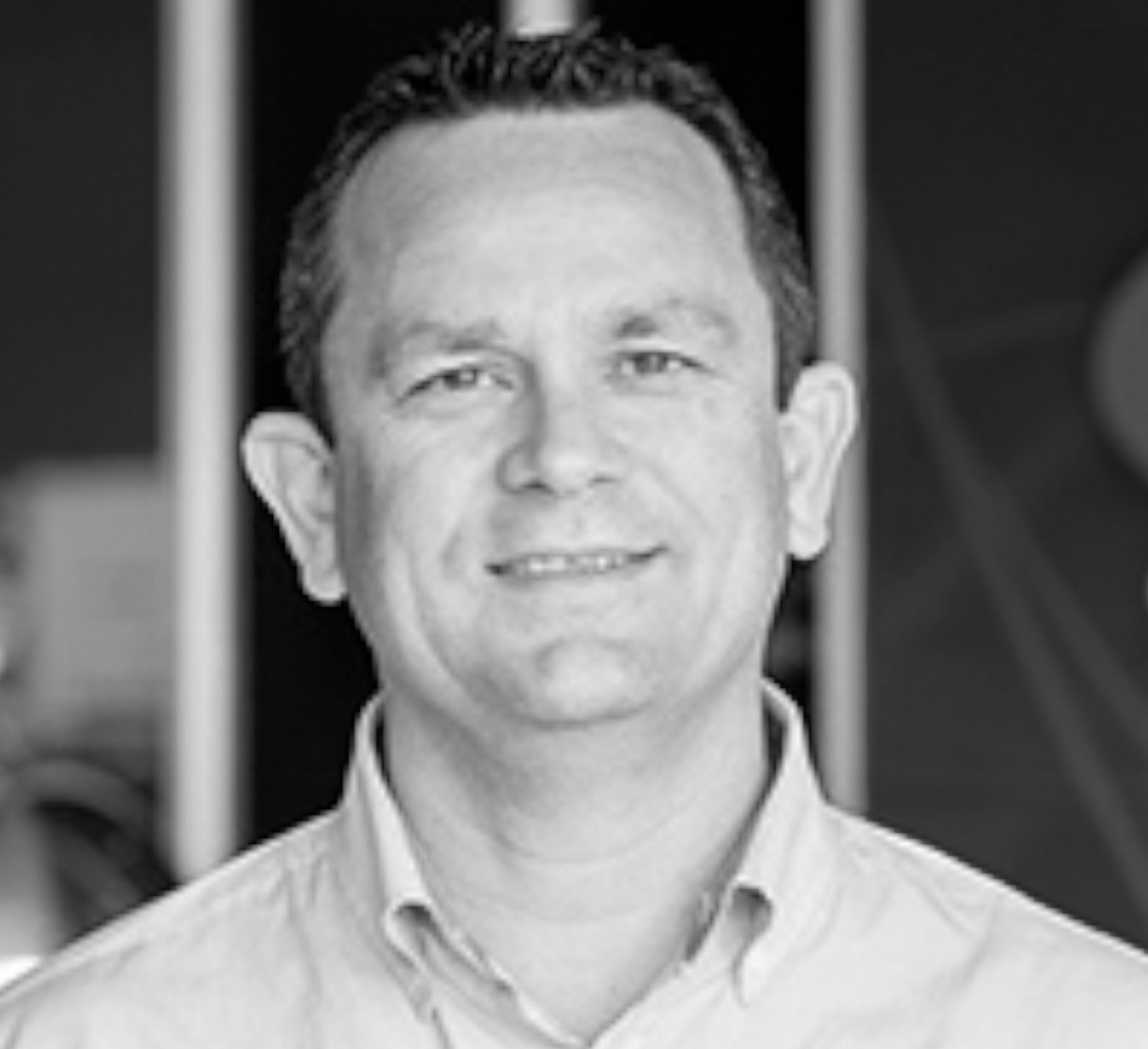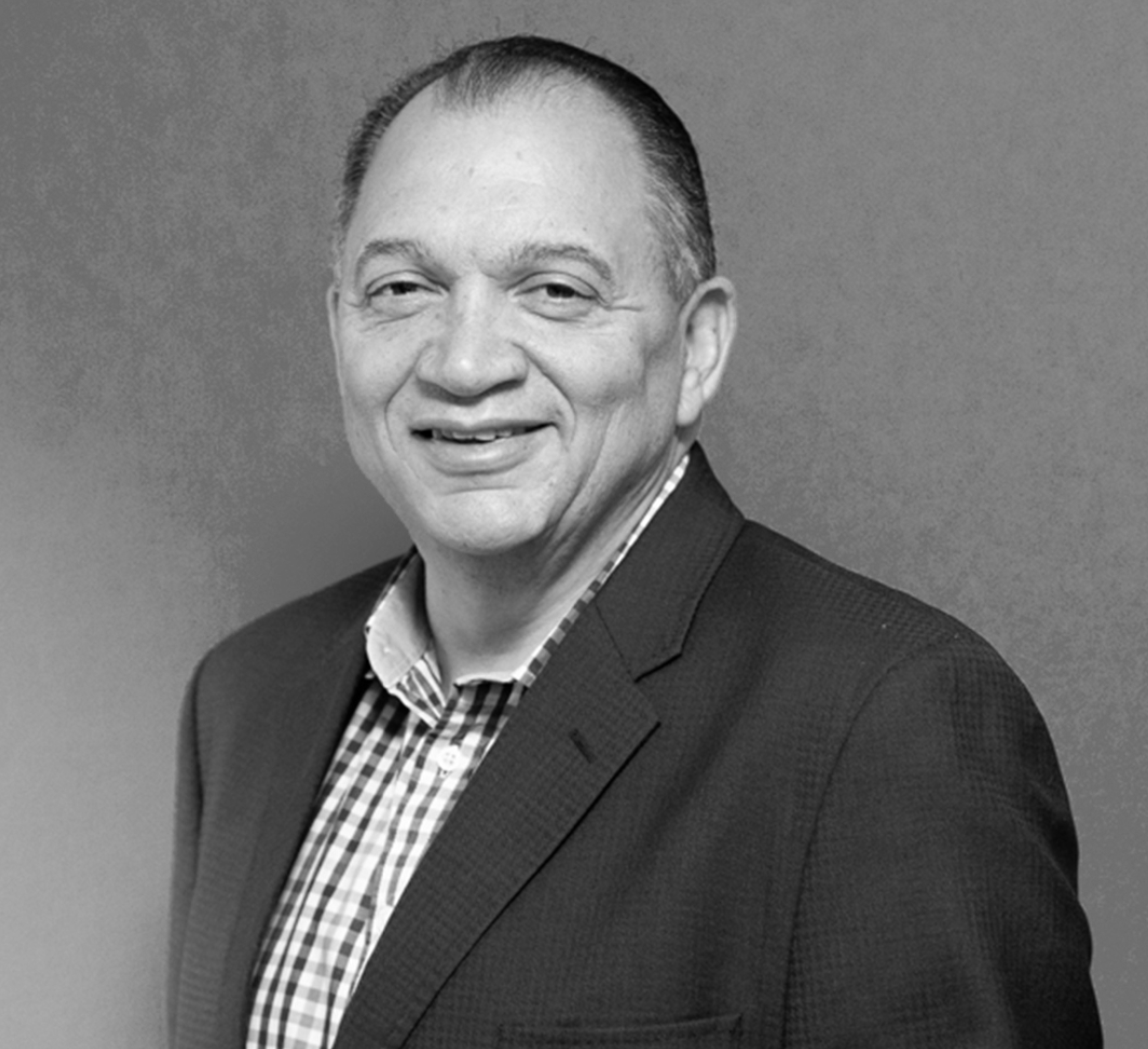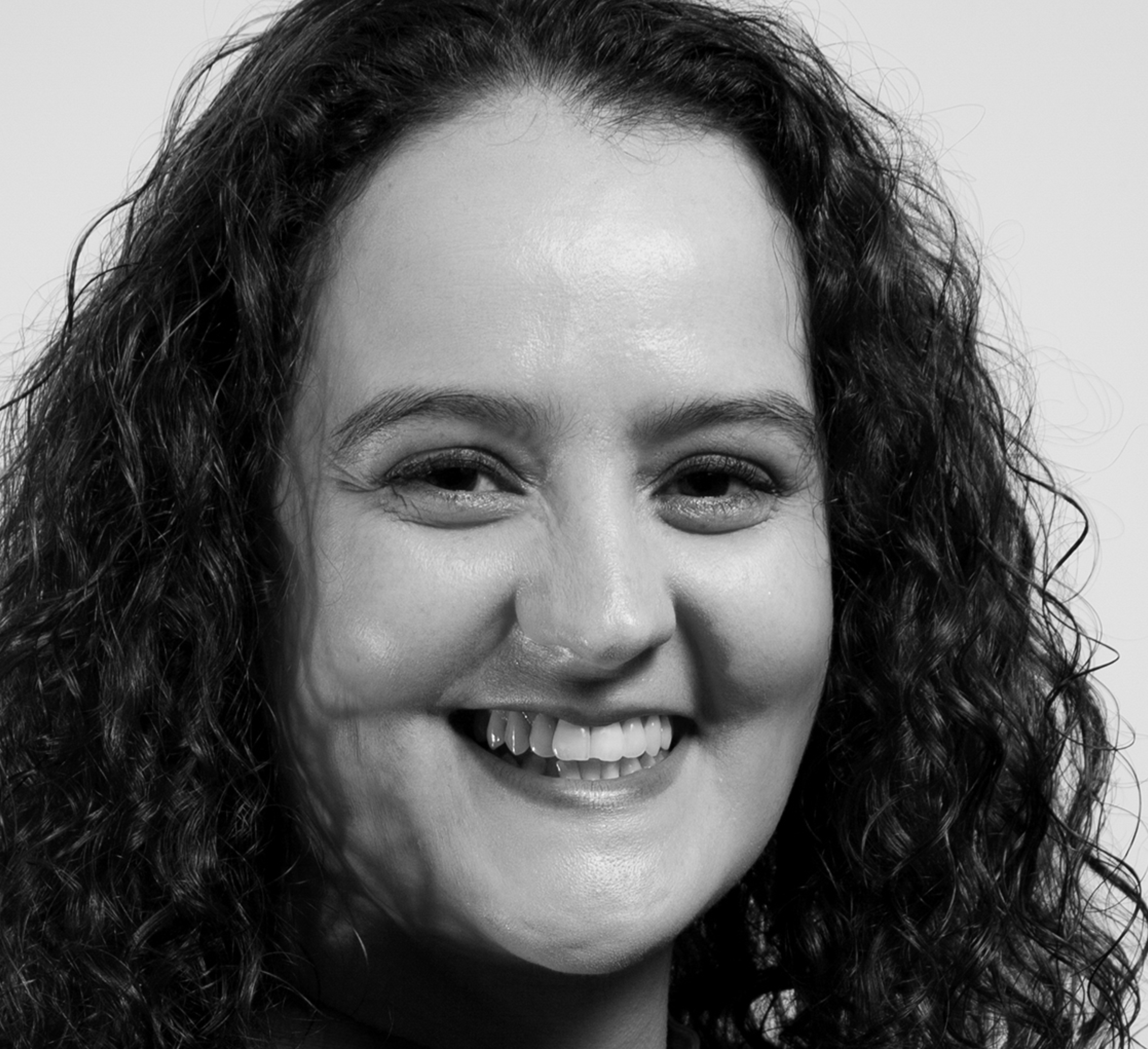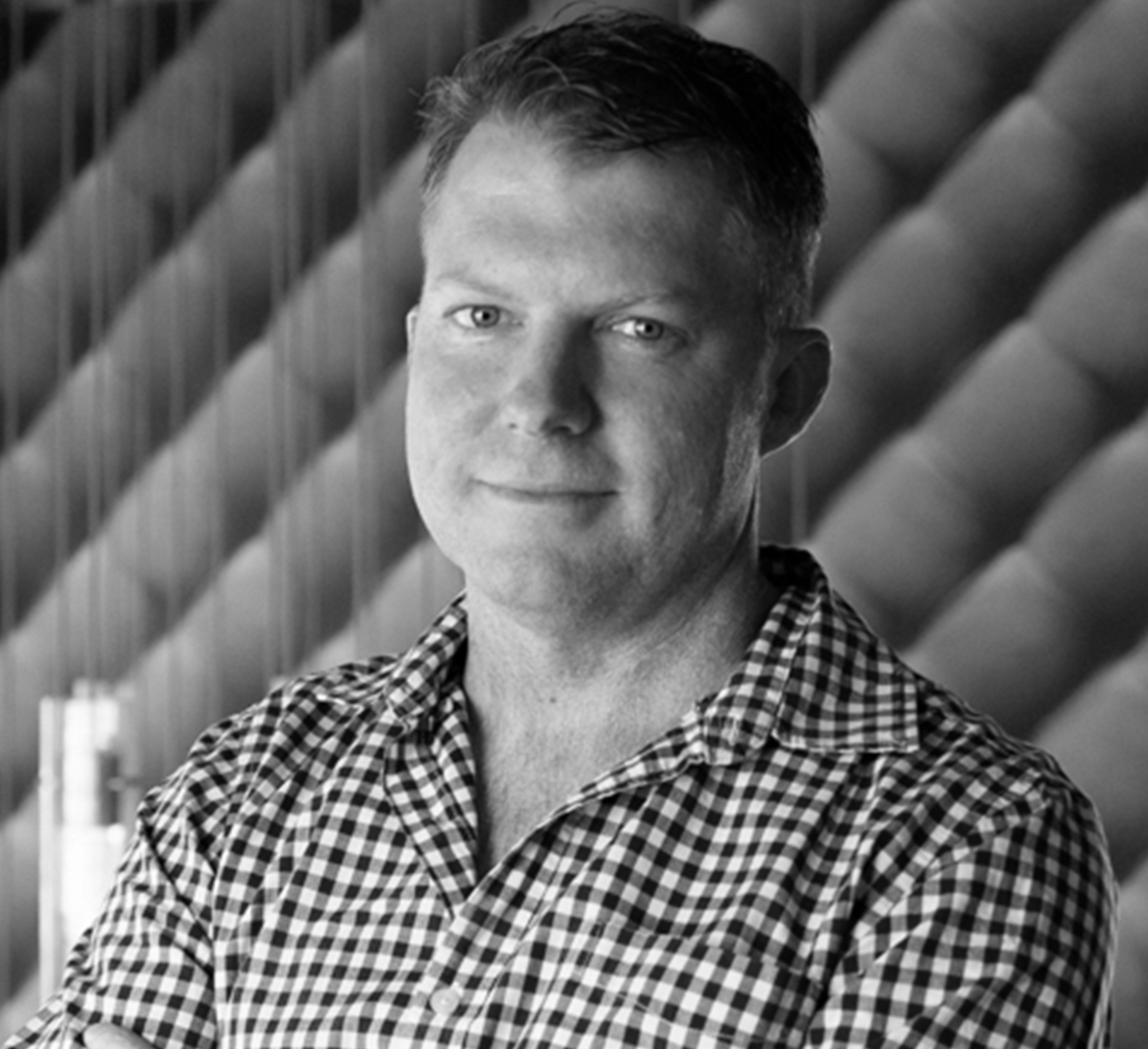72: Johan Ferreira
Managing Director – Kahamelo Forensic Services
There’s high demand for forensic services, is this a reflection of what’s going on in the broader economy and the deterioration in business morality? Johan Ferreira provides some fascinating insights to this industry.

CIARAN RYAN:This is CFO talks and today I’m joined by Johan Ferreira, who is a Chartered Accountant with a string of accounting qualifications too long to mention, which led him from the corporate environment to Kahamelo Forensic Services, and I would imagine these are busy times for forensic firms such as Kahamelo. Johan completed his articles with KPMG, and then went on to work as group financial accountant, and then group financial controller at Optimum Coal. Glencore acquired Optimum Coal, and Johan went on to become financial manager at Xstrata while continuing to hold the position of group financial controller at Optimum Coal, and this meant Johan going off to head office in Switzerland. He then returned to South Africa, joining the JSE listed chemicals group, Rolfes Holdings, first as interim and then group financial director. That involved degearing the balance sheet and implementing tax and treasury systems across 20 entities within the group. We’re also joined by Nicolaas van Wyk, who is the chief executive officer of the South African Institute of Business Accountants, and we’re going to have a conversation here with Johan Ferreira. So first of all, welcome to both of you. First of all, Johan, how are you?
JOHAN FERREIRA: Hi Ciaran, thank you very much for having me, I’m very well, thank you.
CIARAN RYAN:And Nicolaas, how are you?
NICOLAAS VAN WYK: Hello Johan, hello Ciaran, nice to be with CFO Talks once again and very happy to interview Johan, he’s got an amazing CV and it will be wonderful to share his experiences and learnings through his career with the rest of our CFO community.
CIARAN RYAN:Yeah, exactly what an impressive CV that you have, Johan. I suppose the obvious question is why you ventured into forensic services, given the vast experience that you’ve got in the corporate world?
JOHAN FERREIRA: Thanks, Ciaran, I think the interesting thing at this stage in the forensic services world is the fact that basically if you open a Business Day [newspaper] today, for an example, there are multiple sections covering potential financial fraud, misrepresentation by directors either in government or in private entities. So it’s a very interesting and very dynamic market. I was introduced into this interesting, let’s call it a community, by a gentleman called Terence Hatzkilson, he’s the managing director at Crowe Forensics, which is a global company, which they form part of. So I joined them as a consultant back in 2017 when, when I left the employ of MCG Industries, shortly after all Rolfes Holdings. I think I was at a crossroad in my career, deciding on pursuing corporate life, as opposed to consulting. So it was sort of a lifestyle choice as well at the time. I just came to like the industry, given the various aspects and it’s a very dynamic industry with lots of litigation currently happening in South Africa, and globally as well. We’ve been involved in numerous white-collar crime matters with a global presence. It’s very interesting, I don’t think it’s an industry that needs to stand back to the corporate industry, but it was a shift for me. But I think my corporate experience really serves me well at this stage.
The challenges of working as a forensic accountant
CIARAN RYAN:Right, there’s quite a difference between coming from the accounting world and going into forensic services, and you’ve got a very strong background in accounting and also in mining, as we’ve discussed already, but I would imagine that some of these assignments have been, and I’m talking about now in the forensic world, have been much more challenging than others. Maybe just sort of lay out the field for us, what, what are some of these challenges that you encounter as an accountant in the forensic field?
JOHAN FERREIRA: I think the biggest challenge is the different dynamics between…in the accounting profession you typically go to a client, they expect you, they are actually scheduled to have you, you join meetings with executives such as a CFO or financial manager or the controller who is your client contact. As an audit manager or even, I guess, I haven’t been a partner at an auditing company, but I would imagine that you have access to the audit committee chair, you have access to various individuals in the company and they work with you, obviously independently, to get to an audit opinion, as opposed to forensic services that typically are almost like a grudge purchase sometimes when it comes to private companies. So the costs are typically unbudgeted because companies don’t expect their individuals to manipulate numbers or to be involved in fraudulent schemes. Yet, as and when we’ve been involved in some of these white-collar crime matters it’s very difficult to get access to information, and you need to be very well aligned with your forensic IT experts who typically assist in the information gathering such as mirror imaging of laptops and servers. We typically also get as much information as possible on day one. I think, one of the biggest matters, maybe not the biggest matters, but one of the bigger matters in South Africa in the past two years was the VBS Bank investigation. Crowe Forensics worked on that matter, I was fortunate to be involved in some of those proceedings, especially the raid on day one. Sometimes it can be almost hostile and one needs to make sure that you are level headed and independent and objective in obtaining the information, and to work with your resources that’s typically not in the company, but it might be in the form of other service providers. So although it’s an industry where typically you work in small teams, it is a massive collaboration between various experts, such as lawyers, your advocates, IT experts, forensic experts, such as ourselves, where we are financial experts, and who eventually need to go to court if need be to explain factually, independently and objectively the flow of funds or to unravel the financial schemes, and you are really there to assist the judge or the commissioner in explaining these transactions in a factually correct, yet independent and objective manner to give the court an opportunity to consider the facts, to make a ruling or a judgment. It can get very complicated.
NICOLAAS VAN WYK: I was just looking at your CV again and what advice would you give to a CFO with a similar background to yours? I think there are many CFOs currently who worked for corporate but with the lockdown they are obviously reconsidering their positions, they might have had to take a pay cut. Some of the bigger listed corporates don’t pay bonuses. So how would one as a CFO enter into this world of forensic accounting? I saw from your CV that you have your Bachelor of Commerce, the Honours, that you are a CA. You also have a Certified Financial Planner qualification, and then an MBA and became a member of the Certified Fraud Examiners. So that’s quite a development. Was your career always set up to become a forensic accountant or how did that transpire and how would you give advice to somebody in your position wanting to make the change?
JOHAN FERREIRA: Nicolaas, not at all, I think I envisaged my career completely different, yet I think I always hoped to become a CFO, I think that was almost like my career dream. I think I was very fortunate to have this opportunity when I returned from Switzerland at Rolfes Holdings, the then JSE-listed entity, I think it was subsequently delisted. Yet, it was a great opportunity at a fairly young age to be involved in the corporate world, being an executive member of the board and presenting numbers and the results to shareholders. That gave me an opportunity to learn so much in a short space of time, to be in a position a few years later to do something different with a financial background in a slightly different sector, coming from a slightly different angle. So if I were to give advice to a young CFO and/or financial controller, financial manager coming through the ranks, is sometimes, I guess, is to be a bit more patient. I think I was sometimes being very eager and young and dynamic, and you tend to want to go places quickly. Although it did give me a diverse background for where I am sitting today. I think sometimes one needs to be content to work hard and be effective where you are and to focus on that specific company at that specific moment. One can make huge differences with any financial individual and specifically maybe a CA, where one can be a business partner in a specific company, as opposed to a number cruncher. I think that’s a significant development that SAICA [South African Institute for Chartered Accountants] is supporting if I read the accountancy journals, various articles on LinkedIn. I was very fortunate in 2016 to be a finalist of SAICA in the Top 35 under 35 CAs, and it was actually classified between corporate, entrepreneurs and individuals such as a lecture at university, so your academics. So it was an eye-opener for me to see individuals being entrepreneurial with the a CA qualification. So I think to get back to your initial question Nicolaas, I think forensic services are slightly more entrepreneurial at this stage. I think it’s a developed industry globally, especially in the US, yet in South Africa I think there’s lots of companies that we don’t typically know about that’s doing these services over and above the big four, like KPMG, EY, Deloitte, they all have big forensic and advisory divisions. I believe there’s a space for smaller entities with competent individuals to assist the legal industry and the legal sector in litigation support where there’s a strong link between the commercial aspects that one learns in the corporate world and one learns as part of your accounting studies and what one learns as an auditor in training, getting your traineeship and what ultimately are the areas that you consider as risk areas in a forensic investigation.
NICOLAAS VAN WYK: I like what you’re saying and you’ve correctly identified that movement in the profession, especially with your CA, MBA combination. That’s why SAIBA started our designation CFO (SA), which is Certified Financial Officer, to actually put emphasis on the fact that accountants aren’t necessarily the CFO. As a CFO you need to speak with boards, you work with illicit companies and you might then even go into a consultancy area. So we’ve identified 34 competencies, which tries to address exactly what you’ve now mentioned here for that designation of ours. So it’s quite interesting, we’ve seen it with all the previous people who we have interviewed, they just mention the same thing.
Academics alone do not prepare you for the life of a CFO
CIARAN RYAN:If I can just jump in there, I think one of the points that we’re finding out more and more as we do these CFO Talks is that the academic background for the accounting sector and in the colleges doesn’t really prepare you adequately for the life of a CFO or a finance executive. That world has just changed so fast that you do need a much more solid kind of grounding in the world of high finance. Would you agree with that, Johan?
JOHAN FERREIRA: Absolutely, I think coming from a company such as KPMG, where you are…I worked in the ENR, the energy and natural resources department, where we had the opportunity to audit big companies, such as BHP Billiton and Sasol. As and when you go out of the accounting industry or auditing industry into a commercial role there’s a significant change. One suddenly needs to be very adaptive to the culture. One needs to be very adaptive to changes within an organisation, such as maybe a specific production plant that slows him down, a collaboration between shared services, maybe the integration between the legal department and the tax department. There are various dynamic factors in any organisation, big and small, that, that I think one needs to be more prepared for. I think a very good example is in my two years in Switzerland in Glencore’s head offices in Baar in Switzerland, it was very interesting to see young individuals coming from university and working with the teams as an intern, as opposed to having a standard university holiday. I think there’s obviously such opportunities locally as well, but I think there’s a significant emphasis on internships in, especially in the small town of Baar, where I worked and it’s interesting to see those individuals who are 20 years old and working with individuals who are in the middle stages of their career. I think that the opportunity to grow your emotional intelligence and your awareness towards different cultures, your communication skills is a brilliant opportunity for a young individual to be prepared as and when they get the accounting and the academic records, and qualifications, it’s almost like a seamless entry into the commercial world. As opposed to I think, for me personally, it was a bit of a shock and one needs to learn fast and adapt very fast, and sometimes you…I made lots of mistakes as a young corporate and I think it’s not necessarily a fault of your academic background, but maybe due to a lack of other types of experience that leads you into those positions.
CIARAN RYAN:Right, tell us a little bit more about yourself, Johan, where you grew up and where you studied and how you ended up where you are today? Johannesburg, Pretoria, where are you based?
JOHAN FERREIRA: No, I’m actually from Bloemfontein, I went to school at Grey College, I matriculated in 2000, so it’s our 20-year reunion this year is this year. I studied at the University of the Free State and I joined KPMG in Bloemfontein for my traineeship, which was a great opportunity because we travelled to local mines quite often to audit. We were also fortunate to be linked to the Johannesburg office, so we also spent quite some time in Johannesburg on audits. Then subsequent to that, I actually moved to Secunda when I was 28, I had the opportunity to become a manager at the KPMG offices. I think unfortunately subsequently that office has closed down, but at the time Optimum Coal was my first audit as an audit manager. So that’s where my relationship with Optimum started as an audit manager. So I’ve been involved with Optimum Coal ever since, basically. Subsequently I then moved to Johannesburg, I joined the Optimum Coal team at that time when their offices were in Fricker Road in Illovo. I got married in 2010 and a few years later I had the opportunity to go to Switzerland within the Glencore stable. So that’s more or less my background coming from KPMG and the link into Optimum, and then eventually ending up in Switzerland and coming back, I’m very happy to be back. Although we have challenges locally, I think there are global challenges and I realised that I missed home when I was in Switzerland and it’s actually great to be back.
No shortage of fraud stories
CIARAN RYAN:Right, let’s talk about forensic services for a minute. I take the point that you made a little bit earlier, we read the papers every day and there’s no shortage of fraud stories going around. One of the ones that I found particularly amusing was a guy working for a company here in Johannesburg that was applying for UIF relief and somebody managed to, I think it was the driver of the company, managed to intercept the company’s claim and he got R4.5 million, which he then distributed to his family members thinking that he was laundering this money and it wouldn’t be found. Of course, this and this is the kind of thing that is going on in South Africa in small ways and in big ways. But I guess when you start a forensic investigation, one of the first things you would look for is the lifestyle audits and who’s living beyond their means, who’s just gone out and bought himself a Lamborghini. Am I right?
JOHAN FERREIRA: Well, absolutely, that’s one procedure that we typically follow. It falls into the realm of business intelligence procedures, where some of the business intelligence procedures are as straightforward as going on to Google and Facebook and/or LinkedIn and various social media platforms. It’s very interesting how some individuals actually flaunt their lifestyle to give you a sense of that individual. So, absolutely, I think that’s very common these days for such schemes to take place. But I think, unfortunately, and that’s I the reality, even in bigger investigations that’s typically what happens when people do get their hands on large volumes of cash or facilities is to siphon that money either into significant complicated structures such as what we’ve read a few years ago in the Panama Papers leaks, we’ve seen that in two recent investigations I think maybe in a smaller scheme where an individual benefits from R4.5 million, where they would use family and/or friends or shelf entities to distribute that money and hoping that they can wipe the tracks. I think the forensic world we definitely look at lifestyles. I have been involved in various alter ego investigations, where one basically looks into individuals who are funding their lifestyles from companies and, obviously, SARS is out of pocket because the entities don’t pay taxes on those perks and, and maybe cash that’s utilised sometimes from credit cards or from smaller entities within a bigger organisation, where individuals have access to those cash resources. So it’s very common these days.
CIARAN RYAN:Right, Nicolaas, have you got a question you want to jump in with?
NICOLAAS VAN WYK: The forensic part is quite interesting, I see that you are a member of the ACFE, just tell us how you decided to get that, is there a qualification that you need to achieve? Is it a requirement for people who you want to work with, how does that work?
JOHAN FERREIRA: Nicolaas, ACFE is a global organisation, institute, and one can apply to become a member by having an undergraduate or a certain set of experience and qualifications one can apply. I think as a general rule, if you are a qualified CA you are very likely to be able to quantify as a member of the ACFE, which is very important, it’s a specific qualification, A Certified Fraud Examiner, that’s a separate exam that one can take. Personally, I haven’t taken that exam, so one can be a qualified CFE or one can merely become a member based on your experience and qualifications. So that’s where I became a member of the organisation.
‘I think there’s definitely an increasing demand for these services in South Africa’
NICOLAAS VAN WYK: And would you recommend that for all accountants to go into this area? Is it a specialist area, is there a big enough market for accountants thinking of diversifying?
JOHAN FERREIRA: Nicolaas, I think it’s definitely a growing industry in my view, maybe it’s because I’m more aware of the industry. But I don’t think it’s for everyone, anyone can consider it, but I think it is a specialist area. Some of my previous colleagues and friends still work at commercial companies, listed companies or private entities, and they are very happy as a CFO or financial manager or individuals working abroad still at Glencore, and they are very happy. I think there’s definitely an increasing demand for these services in South Africa. I think it’s a specialist area and it’s certainly interesting. So I don’t think there’s a dull moment during a day, but maybe one needs to be well informed before one ventures into this sector.
NICOLAAS VAN WYK: One thing that SAIBA tries to do with our members, we’ve got about 9000 members now and they range from bookkeepers to general accountants, financial managers, CFOs, and then accountants in practice but most offer general accounting services. Of late we have started a process of specialising to provide licenses, and we would be very interested to, and I agree with you, forensic accounting is a specialist area, so that would fit more with our licensing criteria. But what we are also trying to set up is a collaborative support system. So we don’t want all the members to go into forensic accounting or all CFOs, but how would you see the market developing for forensic accountants? We could obviously ask the members to refer work to forensic accounting firms. As I said, we are also seeing the same thing with auditing, where we don’t want our members to qualify as auditors per se [indistinct] auditing firms. So just give us a feeling for how that industry is set up and whether a collaborative model is something that that can work within the forensic accounting space?
JOHAN FERREIRA: Nicolaas, absolutely, I think there’s a very strong collaboration in this industry between accounting companies. I think a recent example is an audit company contacted me where they as an external auditor and management picked up on a specific area of investigation, a specific alleged fraudulent transection. So they contacted me and we had a few interview sessions and based on the risks identified during those interviews and some of the supporting documentation that was available at that time it was decided to continue with this a fraud investigation. Obviously, I can’t mention names, but it’s been in the papers recently, a financial services company, where these things happened. I think there’s a very strong collaboration between intelligence services these days, where individuals are involved in profiling individuals for alter ego and/or accounting manipulation or cash embezzlements, such as your previous UIF example, and where those investigative individuals might need a financial individual to quantify the claims or the damages. So there’s significant collaboration, even just in the last example I have been involved in all High Court matters on behalf of individuals in divorce proceedings, which interestingly enough is where there might be a contract that needs to be settled between individuals as part of a divorce proceeding and there’s an evaluation element to the company or to the estate, and in that instance, one works very closely with a client, and an attorney and an advocate on the matter. So there’s a significant collaboration that I’ve experienced on various sectors that get involved in these investigations. Surely, it’s not an area where one can be ringfenced and be successful.
NICOLAAS VAN WYK: Ciaran, I think we are just running a little bit out of time, I think you might want to just have a closing question.
CIARAN RYAN:Yes, just very quickly, two quick questions, Johan. Given what we’ve been talking about now and the state of the forensic services industry really is a reflection of what’s going on in the broader economy and the deterioration in business morality. Are you optimistic for the future?
JOHAN FERREIRA: Yeah, absolutely, I think as an individual I’m optimistic. As someone involved in the active economy, I think there are significant opportunities in the country. Yet, I think that we face some obvious challenges and I think some of the bigger ones are, unfortunately, corruption and crime, and where I think forensic services are a very small element of that bigger concern in the country. I think it’s an obvious element that needs to be addressed, hopefully successfully. But, in general, I’m very optimistic, I think there are significant opportunities. There’s also some good news in the paper this morning, I think DRD is doing very well, some of the gold mining companies, so I think especially the exporters are doing very well from the slightly weaker rand. It’s still a country of opportunity.
CIARAN RYAN:Final question, which we ask everybody who comes on here, what books would you recommend?
JOHAN FERREIRA: I think that’s a very good question. I think to keep to the forensic scene, I’ve read a book called the Billion Dollar Whale: The Man Who Fooled Wall Street, Hollywood, and the World by Bradley Hope and Tom Wright,
it describes the financial shenanigans of a gentleman called Jho Low, which really gave me an eye-opener of money laundering and cash embezzlement and significant schemes globally. I’ve also read quite a few of the state capture books, which also gave me a great sense of potentially what’s really going on. Obviously, it’s a specific author who might give their view based on fact. So those books are very interesting, I think the Steinhoff book was very interesting to me, it also gave me a sense of the corporate shenanigans. So those were very interesting for me as an individual.
CIARAN RYAN:I think we’re going to leave it there, Johan. Thanks very much for coming on and talking to us, and I think we’d like to stay in touch with you and see if we can collaborate in future on some of our exercises and ventures that we’re doing here at CFO Talks and through SAIBA as well. It’s been a fascinating discussion, given your background and also a little bit of a view and a telescope into the world of forensic services. There’s so much going on there, I think we’re going to have to get you back and go into some of these areas a little bit more. Nicolaas, any final words?
NICOLAAS VAN WYK: Yeah, from my side I’m also very impressed and it’s been an interesting discussion with all the opportunities available for financial accounts and CFOs to branch into this forensic field, and with your MBA I’m definitely going to recommend you for the SAIBA designation, CFO (SA). I think that’s one element that your CV might still need to plug a hole in. But thank you very much Johan, it was quite interesting, and I agree with Ciaran, we will definitely get you back.
JOHAN FERREIRA: Thanks, Nicolaas, thanks Ciaran, thanks for having me.

